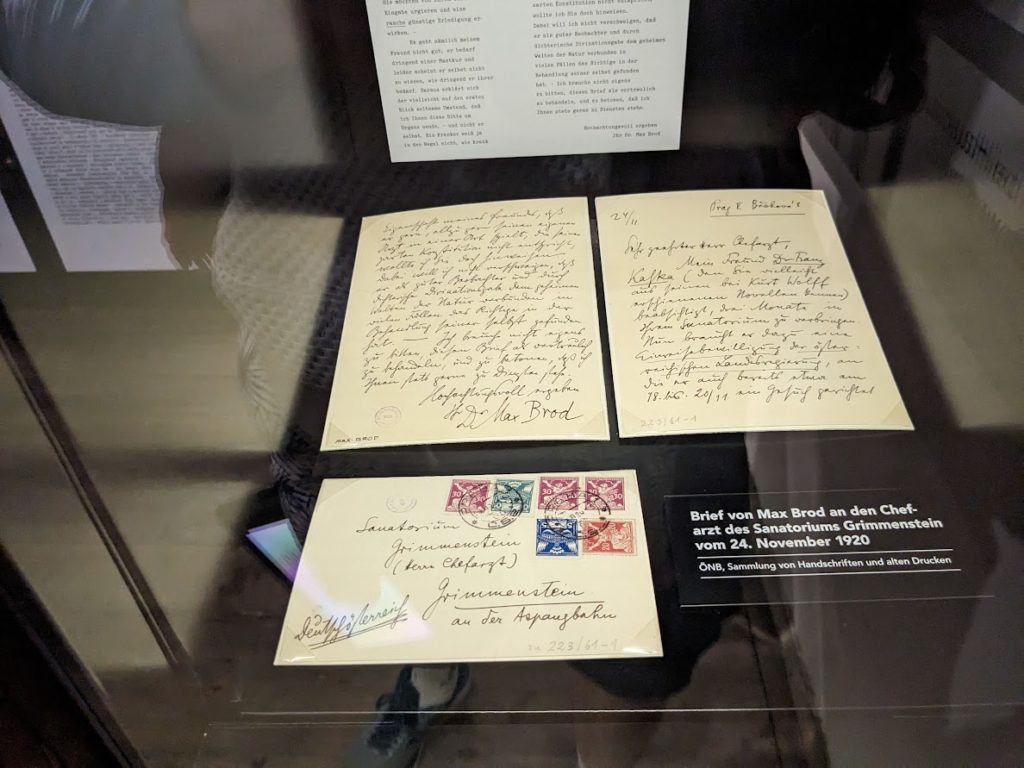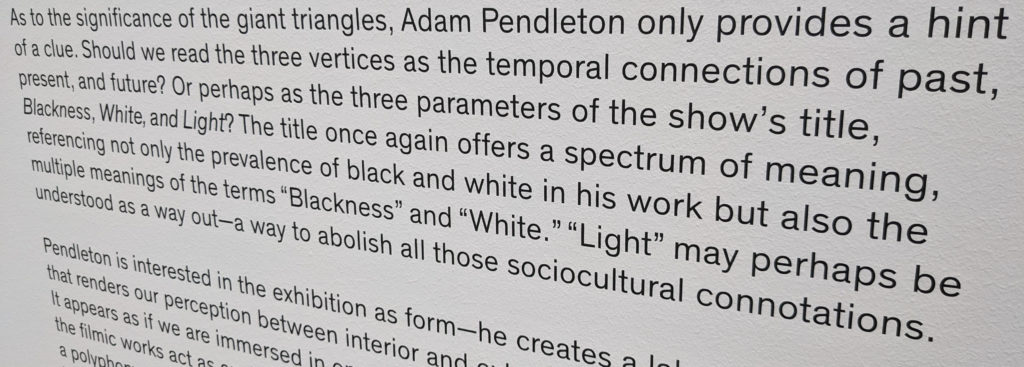Wittgenstein’s Nephew by Thomas Bernhard is a novel, but also an authentic autobiographical account of the author’s relationship to Paul Wittgenstein — nephew to the famous philosopher and part of the once phenomenally wealthy Wittgenstein family. Like the celebrated philosopher, we are told that Paul did discarded, frittered, and give away his share of the wealth, and as time went on he became increasingly constant frustration to the rest of the family due to regular breakdowns and growing dependence on financial intervention. Bernhard very much liked Paul, having found in him an enlightened and fascinating friend; a man he judged to be quite unlike the rest of the family, who (excepting the celebrated philosopher) he despised.
I said it is an autobiographical account, but is it? It is hard not to wonder to what extent there is an element of performance. The opinions that thicken this text are extreme and scathing, and I presume are entirely sincere. He despises the countryside with the clear air that restores his ailing lungs, he despises the cafe culture for which Vienna is famous for, he despises the literary prizes he wins despite his persistence in offending all about him, he despises the upper classes, and he despises Austrian towns and cities for not carrying the Swiss daily he wants to read. I was waiting for him to despise apple strudle as well. If I came to the text without the modicum of context, I would have read the frank misanthropy of the narrator as being that deliberate ploy of unreliability. The novel is one unbroken, first-person paragraph, which I would have definitely identified as the unmistakable indicator of the unhinged.
In case you don’t know, Bernhard is regarded as one of the most important post-war Austrian literary figures. I will say this: it is a singular reading experience. It is also deeply frustrating, alluding to detail, to specifics, to events, without actually describing them. I think by now in the science of creative writing there is a consensus that specificity is a virtue in prose. What is not a virtue is the following shit:
I could recount not just hundreds, but thousands of Paul’s anecdotes in which he is the central figure; they are famous in the so-called upper reaches of Viennese society, to which he belonged and which, as everyone knows, have lives on such anecdotes for centuries; but I will refrain from doing so.
Wittgenstein’s nephew, page 60
Should I read that kind of sentence and continue to believe the author is writing in straight-forward good faith? By that point I was convinced he was fucking with me. Maybe there is some part of the continental European mentality that eludes me. I would have enjoyed Bernhard pulling back the curtain a little further on the “upper reaches” so disdained, and generously providing us with a little specificity. But maybe that is a vulgar inclination, and I too would be suspect under Bernhard’s gaze.












